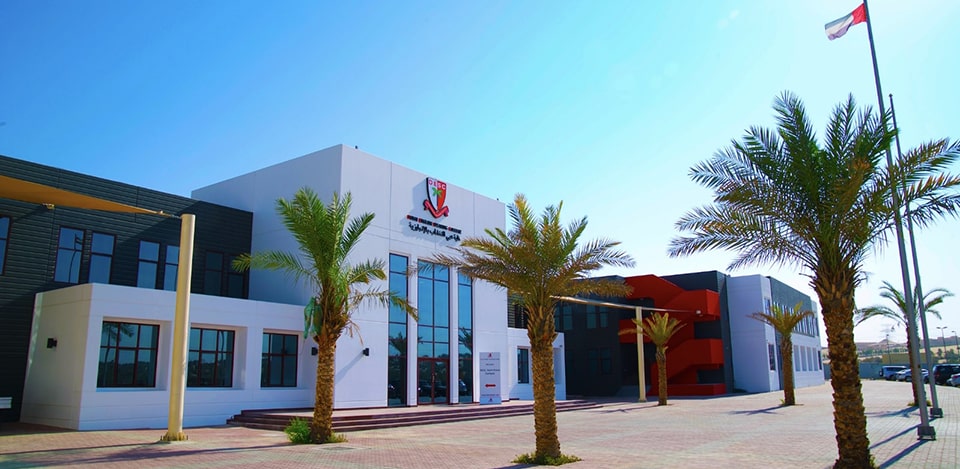Islamic Education
Compliant with the Ministry of Education requirements, Islamic Education is taught to all Muslim children from Years 2 to 6 on a weekly basis by highly qualified and experienced teachers. Native Arabic speakers are instructed in Arabic (Islamic A) whilst non-Arabic speakers are instructed in English. (Islamic B). A variety of resources, including texts, apps, learning websites and videos are used to cover the specific areas of:
- Divine Revelation
- Islamic Creed
- Values and Morals
- Islamic Rules
- Syrah
- Identity and Issues of Age.
Quran recitation is encouraged and improved through a dedicated weekly session. With an emphasis on correct Tajweed and pronunciation, children are challenged to improve their recitation and memorisation and compete in our prestigious annual Quran recitation competition. Using games, rhyme and ICT, students’ Quran recitation has made exceptional progress at DESS.
Role play, debate, research and presentations are used to challenge the children to gain maximum understanding and develop a passion for Islamic lessons. Visits to local Mosques, Cultural Centres and guest speakers enliven the stories and capture the interest of the children, enabling them to learn ways in which Islam can have a positive impact on their life today. Key Islamic events are celebrated through assemblies, performances and interactive workshops.
The Muslim children at DESS are ambassadors for their Faith and celebrate their unity through their diverse cultural backgrounds.
Our thriving and dynamic Islamic Education department at Dubai English Speaking School aims to nurture the Spiritual, Moral and Ethical development of Muslim students and is intrinsically linked to the school vision of ‘preparing the learners for the challenges of tomorrow’.
We aim to raise the profile of Islamic Education and promote key Islamic values
Through stories from the Quran and the life of the prophets (Peace Be Upon Them), the students learn the values of respect, truthfulness, obedience and forgiveness as well as other core common values. Self-reflection and critical analysis help the children to understand valuable lessons from the lives of the Prophets and key Historical Islamic events in order to improve their own behaviour and actions. Asking questions and seeking answers is an intrinsic part of Islamic lessons where students are encouraged to express their thoughts and opinions in a safe and respectful environment.

